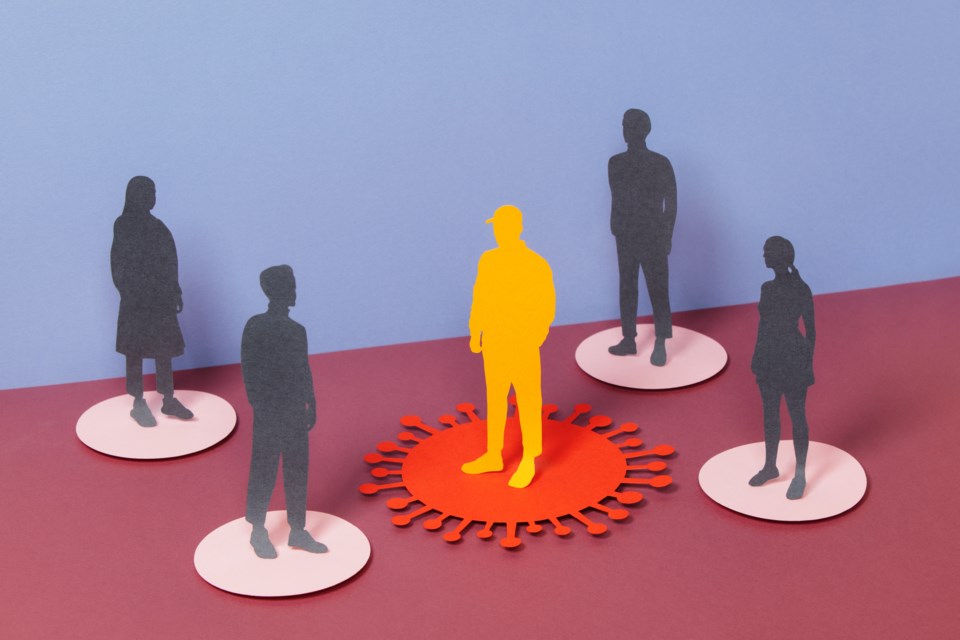As the world grows denser in population, as the climate changes, new diseases will emerge and evolve.
This is why Simon Fraser University (SFU) mathematics researchers — Caroline Colijn, Pengyu Liu and Jessica Stockdale — say including genomic data in accurate forecasting models can help scientists better understand the spread of infectious diseases.
Specifically, it is how scientists detect the evolution of an infectious disease. The data gives scientists information about what's changing over time. This means that scientists can use that information to do forecast what the pathogen populations are going to do.
"Genomic data allows us to understand measure variation in the DNA or RNA of bugs that infect us: viruses, bacteria, other pathogens. It gives us a lot of information in real time about how those viruses or bacteria are evolving, and what they're doing," says Colijn, a scientific co-director of the (PIPPS).
Colijn notes throughout the COVID-19 pandemic, the virus has evolved, and "changed the world a number of times."
Ethical considerations
While the rich information from genomic data is useful, there are ethical considerations that must be taken into account, she says.
"When you know something about a virus that infects someone, and you know something about the virus that infects someone else close to them, you might actually know something about how likely it is that that person infected the other," says Colijn.
"Or you might know something about how much migration is there between two communities? Because people have to move in order for the virus to move if it's a person-to-person virus."
The SFU researcher notes that any public health data can be identifiable.
"It can reveal not just information about individual people, but information about their connections, and transmission among them."
This isn't to say that scientists shouldn't use these tools. But Colijn says that it does raise questions about stigma.
"Are we going to stigmatize a community or a place or group of individuals? Are we going to learn about how individuals or groups move or interact? And how are we going to treat that information properly and share it or not share it in a way that respects the need to use the data," she tells Glacier Media.
"We want to stop these infection. We have an obligation, if this data is being gathered... to use them to the best effect. But also to think about what the implications of the analysis are going to be."
'Evolution isn't going to stop'
In the last two decades, international communities have seen infectious diseases emerge and evolve.
"The first SARS, we've seen MERS. We've seen this SARS. We've seen outbreaks of Ebola virus. We've seen now monkey pox, Zika," says Colijn.
"We're moving into an era where we will see more potential for new viruses to come. And then they come into new hosts and they evolve. So establishing not just the tools for doing the sequencing and getting the genomic data, but for using it is really important."
Colijn says scientists can use genomic data to inform forecasting and understanding of "antibiotic resistance, and vaccine escape, and immunization."



